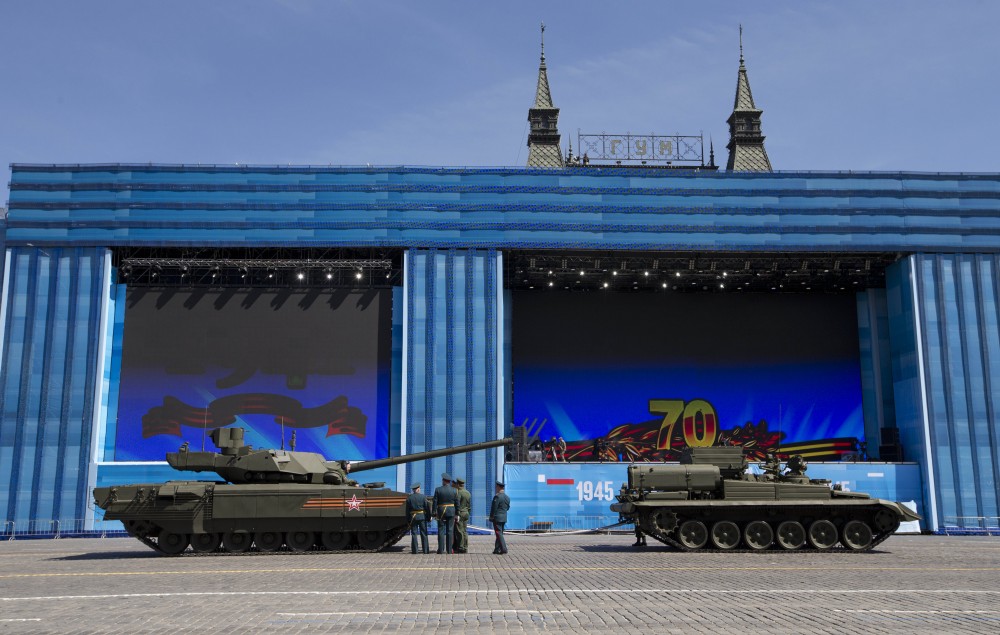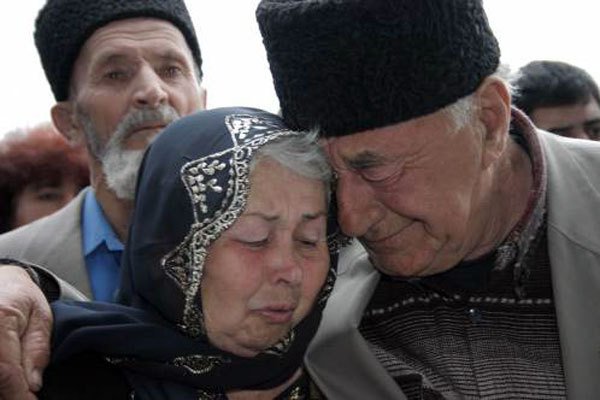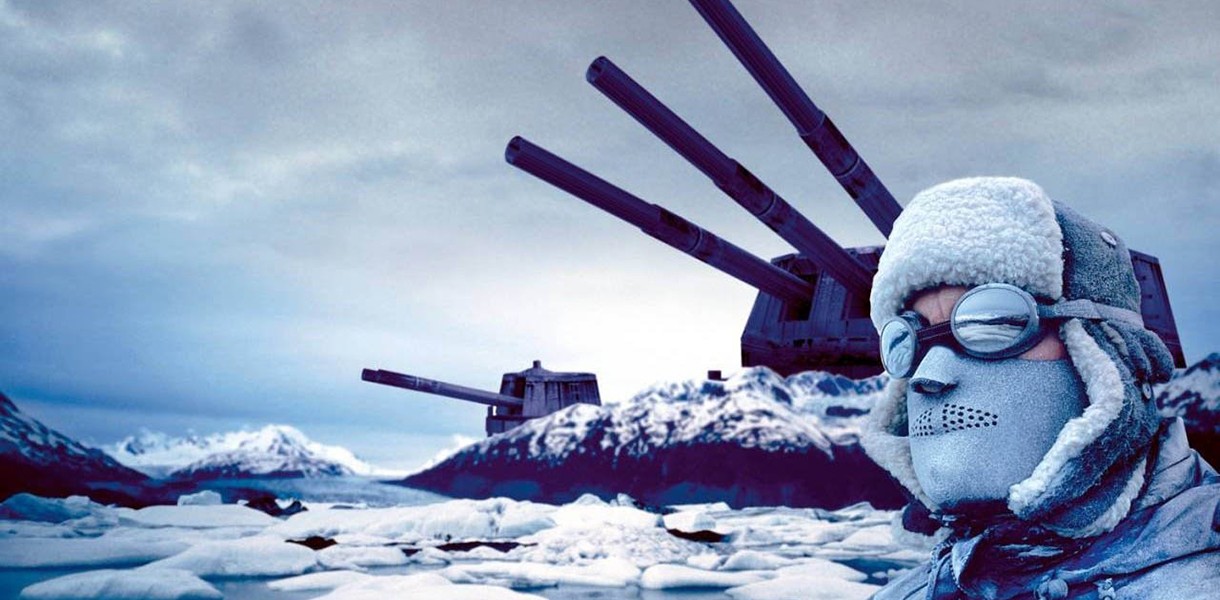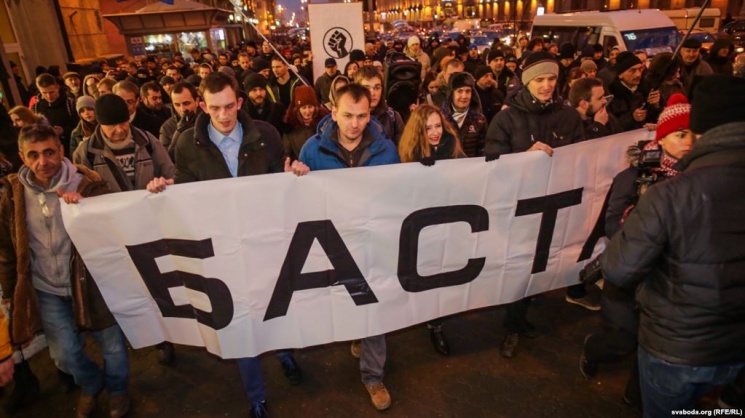Vladimir Putin has revived nuclear brinkmanship as a method of statecraft because the Russian military is so far behind the level of NATO forces, according to Pavel Felgenhauer. In fact, in any clash between the two, the Russian military would suffer a fate like the Zulus did when they were confronted with the British army.

In an interview with Ekho Rossiyi, the independent Russian military analyst provides a devastating portrait of the gap between Putin’s pretensions and Russian military capabilities, a gap that he suggests is so wide that Moscow has no hopes of narrowing it anytime soon. Indeed, it may even grow with time.
No one knows for certain the state of Russia’s nuclear arsenal and there is no safe way to find out, he continues. But with regard to Russia’s conventional arms, the verdict is clear.
“Moscow simply does not have the technological base needed for the creation of a contemporary army and under conditions of sanctions, the situation has become practically hopeless.”
Clear evidence for that, Felgenhauer says, is to be found in the Donbas where Russian forces are “fighting in the same way they did 50 years ago.”
“Typically, when a clash occurs between a contemporary army and a backward one, this looks like the confrontation of the Spanish with the Indians or the Zulus with their spears against the English with their guns.” Numbers don’t matter as much, Felgenhauer points out, and says that “the gigantic army of Saddam Hussein” suffered a rapid defeat because of its backwardness.
Many talk about Putin’s hybrid wars as if it were an innovation, but in fact, Soviet and Russian forces have used it before. Where there is no resistance as in Crimea, it works; but where there is resistance, it quickly bogs down. Even in Crimea, the Russian forces were armed like something from the past.
A few special forces operatives in Russia's Federal Security Service (FSB) have contemporary arms, all of it purchased from abroad in small quantities; but the Russian military as a whole doesn’t have such arms at any level. Its tanks aren’t modern, its air force is not all-weather capable, and it lacks both radar system and GPS locators, on which modern combat depends, Felgenhauer says.
Even Russian drones, produced on the basis of an Israeli license, are not the most advanced. “Many countries around the world have them, including Georgia during the 2008 war.” And it doesn’t have the three-dimensional printers that all advanced militaries now use to plot the battlefield. Nor does it have the reconnaissance satellites the US uses.
Until the Western sanctions regime was introduced, Moscow had been purchasing 1.5 to 2.0 billion US dollars of military equipment from the United States in an effort to modernize its military, Felgenhauer points out; but since then, Moscow has not been able to purchase these things from the US or find alternative sources.
Long term, there is likely to be a conflict with China in Central Asia in the Fergana Valley. “The catalyst” for such a conflict, Felgenhauer says, “could be the death of [Uzbekistan President] Islam Karimov who does not have [obvious] heirs.” Opposing any successor will be the Islamic Movement of Uzbekistan “which is today a branch of ISIS and an extremely serious and underrated threat.”





